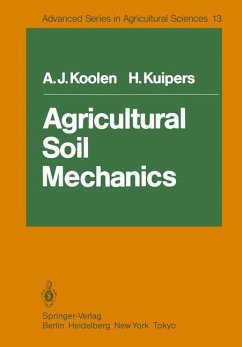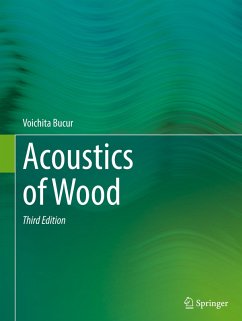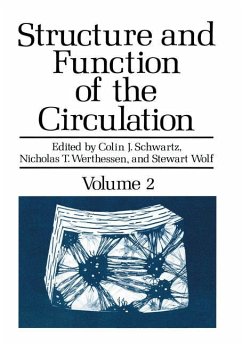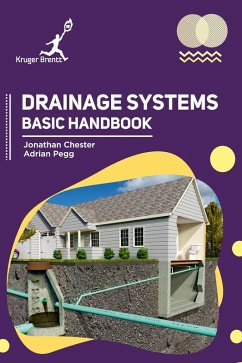
Light Agricultural and Industrial Structures
Analysis and Design
Herausgegeben von Nelson, G.; Manbeck, H.B.; Meador, N.F.

PAYBACK Punkte
57 °P sammeln!
This book is an outgrowth of a much earlier book, Farm Structures, by H. J. Barre and L. L. Sammet, published by John Wiley & Sons in 1950 as one of a series of textbooks in agricultural engineering spon sored by the Ferguson Foundation, Detroit, Michigan. Light Agricul tural and Industrial Structures: Analysis and Design will be useful as an undergraduate student textbook for junior-or senior-level compre hensive courses on structural analysis and design in steel, wood, and concrete, and as a reference work for practicing engineers. Emphasis is on basic analysis and design procedures. The boo...
This book is an outgrowth of a much earlier book, Farm Structures, by H. J. Barre and L. L. Sammet, published by John Wiley & Sons in 1950 as one of a series of textbooks in agricultural engineering spon sored by the Ferguson Foundation, Detroit, Michigan. Light Agricul tural and Industrial Structures: Analysis and Design will be useful as an undergraduate student textbook for junior-or senior-level compre hensive courses on structural analysis and design in steel, wood, and concrete, and as a reference work for practicing engineers. Emphasis is on basic analysis and design procedures. The book should be useful in any country where there is a need to design structures for agricul tural production and processing. It is assumed that readers have had prerequisite course work in engineering mechanics and strength of materials as typically taught to undergraduate engineering students. The scope of this book is wide; it might be difficult for instructors and students to cover all of the chapters in a typical three credit-hour course. The instructor will need to assess his own situation and scheduling constraints. More or less time could be spent on chapters one through five, depending on the capability the students already have in analysis of statically deter minate and indeterminate structures. Two to three weeks might then be allocated for study of each of the last six chapters dealing with design in steel, reinforced concrete, and wood.














